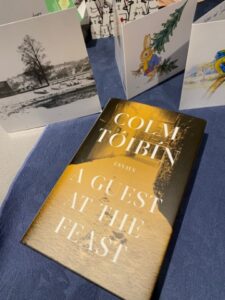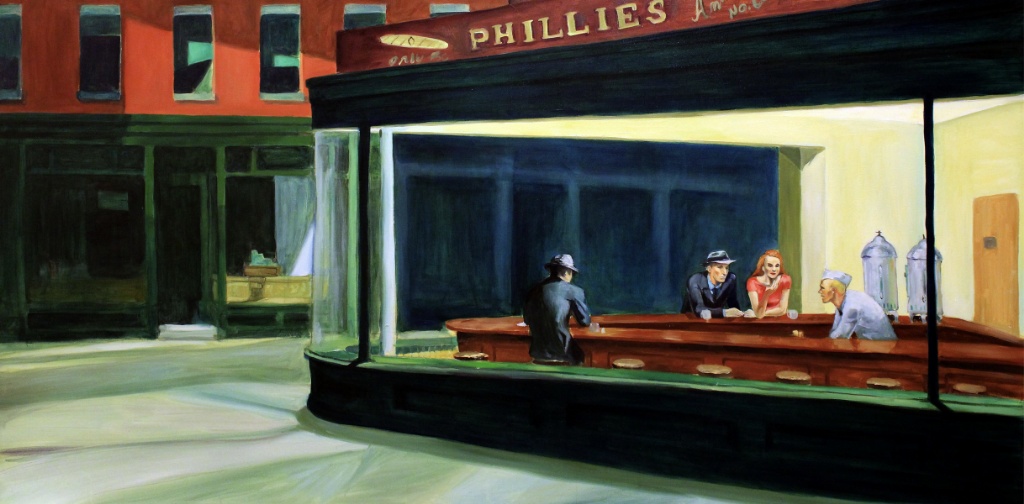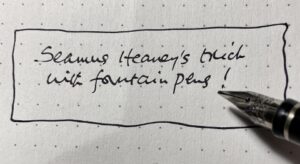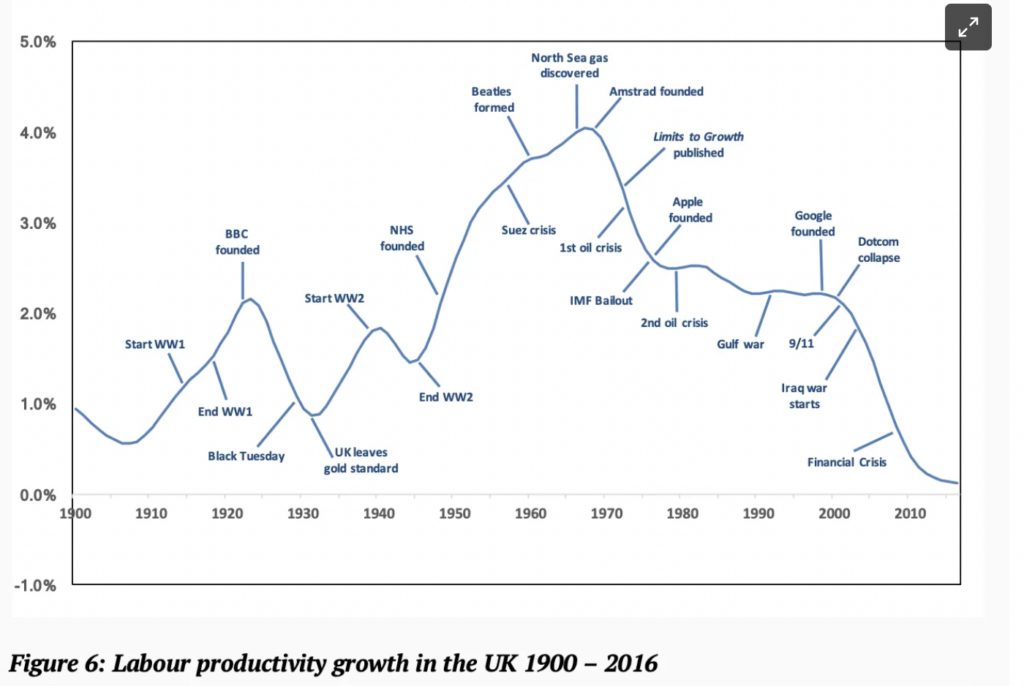The Boss
Quote of the Day
”We want better reasons for having children than not knowing how to prevent them.”
- Dora Russell
Musical alternative to the morning’s radio news
Eric Clapton | Walkin’ Blues (Acoustic Live)
Long Read of the Day
A Civil War Over Semicolons
Very nice piece by Gail Beckerman in The Atlantic about how LBJ’s (and Robert Moses’s) biographer, Robert Caro, and his editor, Robert Gottlieb, have been arguing with each other for 50 years.
The partnership of Robert Caro and Robert Gottlieb is beautifully anachronistic. As writer and editor, respectively, they have together produced 4,888 pages over the course of 50 years, including the multivolume, still unfinished saga that is Caro’s biography of Lyndon B. Johnson. A lasting collaboration of this sort is impossible to imagine in today’s publishing world of constant churn. Then there’s their method: Caro puts on a dark suit every day, writes his drafts out in longhand, and copies them onto carbon paper using his Smith Corona typewriter, after which Gottlieb marks them up with a pencil—like a couple of cobblers still making shoes with an awl. Whatever deal Caro got from Gottlieb and Knopf in the 1970s, it has allowed him to work monastically on this biography project seemingly without any other source of income. As Caro’s longtime agent, Lynn Nesbit, says of the arrangement in Turn Every Page, a new documentary about Caro and Gottlieb, “I doubt that it could ever happen again.”
Very few authors get that kind of editorial attention nowadays, so it’s interesting to discover what it’s like when it happens.
Particularly nice if you’ve read any of Caro’s LBJ volumes, or indeed his great biography of Robert Moses.
Books, etc.
The art of book reviewing
A well-done review is a fine thing. This one by Carolyne Larrington of Marion Turner’s The Wife of Bath: A Biography is a gem.
How does an Oxford academic follow up a prize-winning trade book, a newly researched biography of Geoffrey Chaucer? And, moreover, in lockdown, when archives and libraries are largely inaccessible? Marion Turner, the newly elected J R R Tolkien Professor of English Literature and Language at Oxford, has avoided ‘second-book syndrome’ with a breathtakingly simple idea: a biography of Chaucer’s most famous character, Dame Alison (or Alice), weaver, pilgrim, businesswoman and serial participant in the marriage market, better known as the Wife of Bath. Informative, clear-sighted, entertaining and as opinionated as its subject, Turner’s new book is a wonderful introduction to the lives of 14th-century women, The Canterbury Tales and the fascinating ways in which Alison has been read and misread since she first hoisted up her voluminous skirts to show her fine red stockings during the last decade of the 14th century…
Almost enough to make one want to buy the book.
California here we don’t come
In the 1980s I thought that California might be a nice place to live. This blog post by Doc Searls (Whom God Preserve) suggests that I may have been right to resist the temptation.
Most of California has just two seasons: rain and fire. Rain is another name for Winter, and it peaks in January. In most years, January in California isn’t any more wet than, say, New York, Miami or Chicago. But every few years California gets monsoons. Big ones. This is one of those years…
Worth reading.
This Blog is also available as a daily email. If you think that might suit you better, why not subscribe? One email a day, Monday through Friday, delivered to your inbox. It’s free, and you can always unsubscribe if you conclude your inbox is full enough already!















